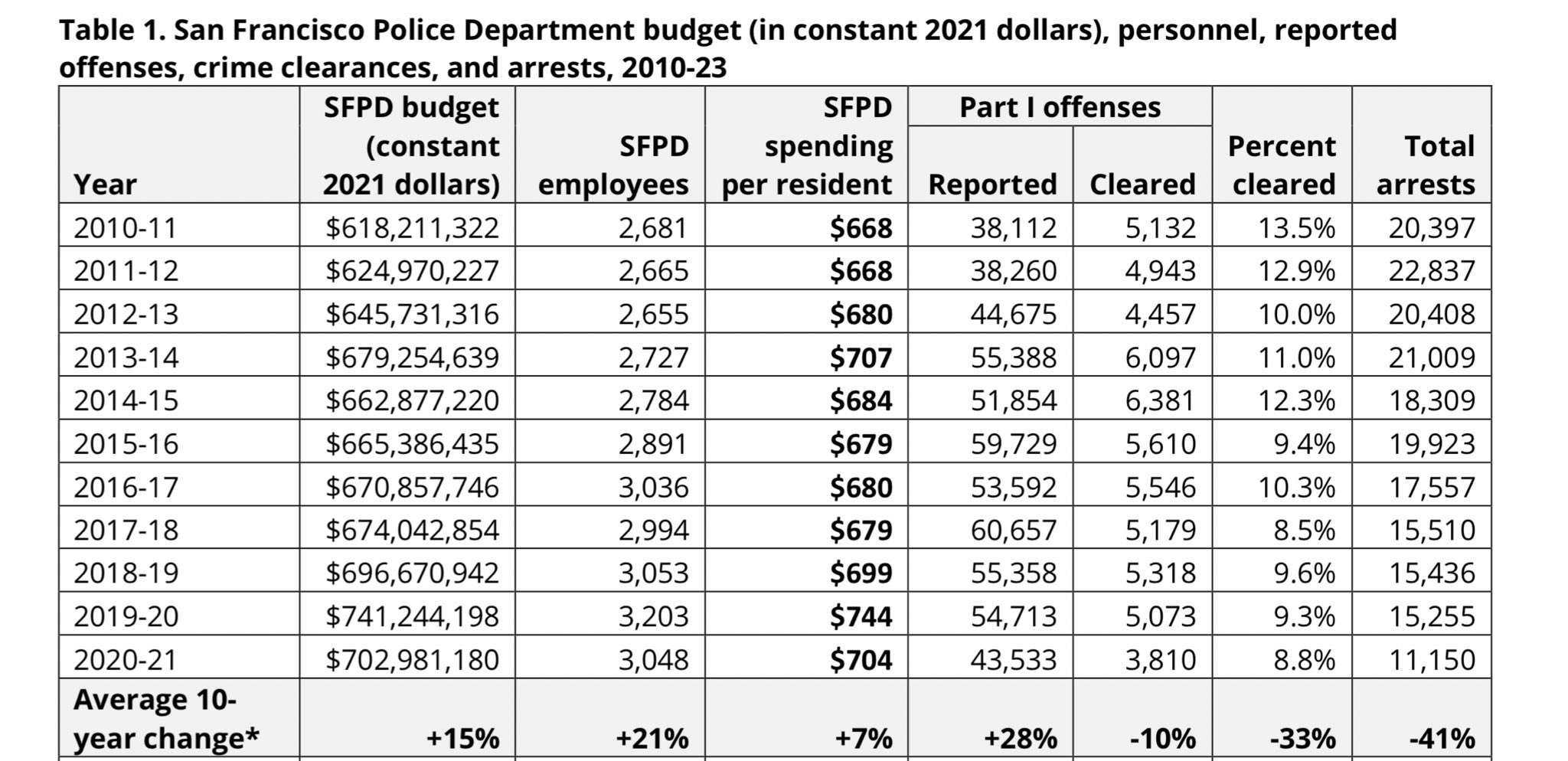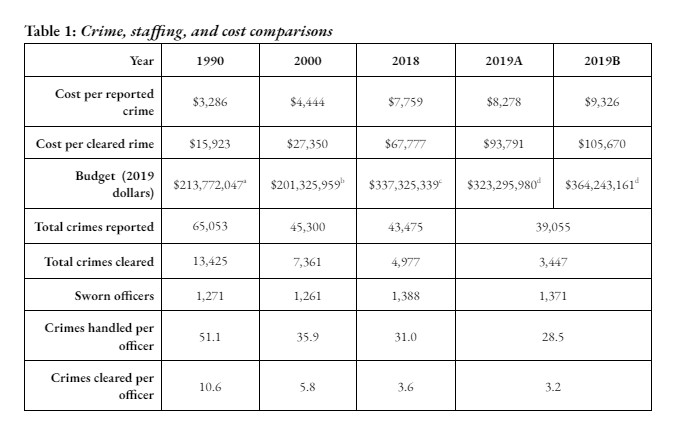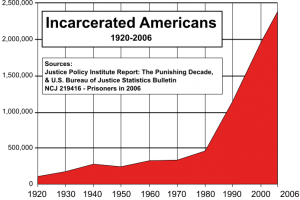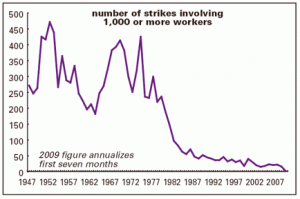As unrest spreads, I think it’s worth looking at the weaknesses of American police forces in particular. Most of these vulnerabilities also apply to the National Guard.
Non-violent protest has been the dogma, especially on the center-left, for generations now. It wasn’t always thus; old time unions fought pitched battles with police and, in one case, coal miners straight-up fought the military. Blowing up buildings was not verboten, nor was assassination. US history is not what pansy-moderns think it is, and the same is true of Britain, Canada, and so on. Our forbears did not think that letting the state beat you, shoot you, torture you, imprison you, and kill you without fighting back was either virtuous, or in many cases, smart.
Modern Americans, increasingly impoverished (average Chinese have better standards of living, more on that in a later article) and living paycheck to paycheck, increasingly homeless, and with less and less to lose may decide that dying on their feet is better than lying there and letting cops beat the shit out of them, or than having ICE deport them to some third world torture prison.
If they do, and I, of course, would never suggest such a thing, then American police have significant weaknesses. The most important weakness is simple:
Modern American Police have been trained to be cowards. This sounds like rhetoric, hyperbole, or at the least, like exaggeration for affect. Let me assure you it is none of these. American police are trained to care about their own safety more than anything else. As a result they are trigger happy and unwilling to risk themselves against anything that looks genuinely dangerous.
This means that they travel in packs, and when threatened, they clump up in large groups for their own safety. This was shown when cop-killer Christopher Dorner, a trained soldier, killed a cop and her fiance. The police immediately clumped into large groups and used most of the force to protect themselves and their families.
Nor is this just a matter of extreme circumstances. Anyone who’s watched how police act around demonstrations will see that even tiny demonstrations attract much larger numbers of cops than necessary. Modern police, unlike those of fifty years ago, almost always wait for SWAT teams or at least backup before entering situations they consider dangerous and their threshold for what they consider dangerous is often very low.
This makes the police easy to deal with by any coordinated group which has not been infiltrated. Simply set of a bomb or use a drone attack on police or their families. Then do it again. Then again. Make threats against a number of targets. They will clump up, be unable to search from their own fear and become ineffective.
Then the group simply hits whatever the real target is.
This speaks to the basic principle of guerilla warfare: Attack where the enemy is weak. It’s just that American police, and I’m betting the National Guard, won’t be much better. They are especially easy to move around, because American police are cowards and because their doctrine is one of overwhelming force and caution, it’s easy to push them into a defensive posture or to push them off balance.
Simple, standard insurgency techniques will work well against American police. A few IEDs near where police can be expected to go, remote triggered as police drive over them, will see the police retreat even further into a shell. Civilian drones can easily be used to make helicopter operations dangerous, as well. The police will move slowly, in force, and retreat easily when something explosive happens.
All of this will work well against US paramilitary organizations as well. ICE would be trivial, as their movements are very predictable, and they are likely even more cowardly than normal American police, as their job is almost entirely about brutalizing unresisting people.
During the Irish revolution, assassins would walk in on British officials eating breakfast with their family, kill the official (leaving the family unharmed) and walk away.
A little fear goes a very long way to gumming operations up completely.
Smart insurrectionists will not, of course, do what Dorner did and target family members, as propaganda is always part of any successful guerilla organization. (Mao discusses this at length in his class work on guerilla warfare.)
Other principles of operation should be obvious. Use a cell organization so that damage from discovery is limited. People can’t reveal what they don’t know. In the modern environment, don’t use or even carry mobile phones, except perhaps ones that are deliberately damaged so they have no connectivity. (Everyone carries a mobile phone, so operatives should appear to do so.)
Do everything old-style. The modern state is excellent at electronic intelligence, but has let human intelligence wither to a large extent.
Successful insurrectionists will have a rule that they 100 percent kill any informants or undercover operatives. No deal will be made with prosecutors or police; they always backfire in the longer run.
Of course, I hope that none of this happens, and this article is just a look at what smart insurrectionists would do, taking natural advantage of police weaknesses. The police are welcome to read this and decide to change their doctrines and training to be less cowardly and avoid the worst of these weaknesses. As a side effect, they’d also kill less people because of their fear, and that would make insurrection less likely.
Ideally, American elites will realize that they are better off and safer if everyone is cared for. From enlightened self-interest, they might start taxing themselves again and make sure that ordinary people have enough money for rent and food. They will end predatory pricing, be fair and kind, and make medical care easily available. The American people, who, like all people, would rather live a good life, will respond and prospects of insurrection will fade like mist against the noon-day sun.
But if they refuse to discontinue their policy of mass impoverishment backed by fear, it should be understood that those who finally do decide on insurrection will not find, contrary to various myths about American impregnability, which repeated losses against men in pajamas should have put to rest, that American forces of law and order (or repression, depending on your politics) are not without weakness.
May God grant that it never comes to this. If it does, may the side of good, which cares for the welfare of the people, win.
***
If you’ve read this far, and you read a lot of my articles, you might wish to donate or subscribe. I’ve written over 3,500 posts, and the site, and Ian, take money to run.



 In this time of police brutality, who can we depend upon to police the police? Who can we depend upon to police the prosecutors? The judges? Our lawmakers? You. That’s who. It’s your job. More than that, it’s your duty to your fellow man. And it’s not really even very difficult. All it takes is a little creative thinking.
In this time of police brutality, who can we depend upon to police the police? Who can we depend upon to police the prosecutors? The judges? Our lawmakers? You. That’s who. It’s your job. More than that, it’s your duty to your fellow man. And it’s not really even very difficult. All it takes is a little creative thinking.
